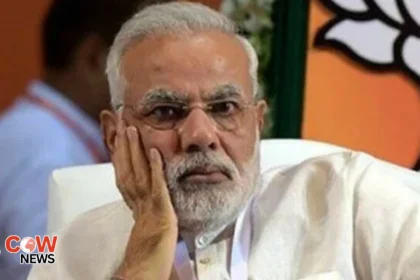Islamabad( The COW News Digital) Poverty levels in Pakistan have reached alarming heights over the past three years, according to a new report issued by the World Bank. The report revealed that Pakistan’s national poverty rate, which had been steadily declining for two decades, has now climbed back to 25.3 percent in the current fiscal year.
According to the World Bank, poverty in Pakistan fell from 64.3 percent in 2001–02 to just 18.3 percent by 2022–23, thanks to steady economic growth and improved income opportunities. However, this downward trend reversed in 2020, largely due to economic shocks, leading to a significant rise over the last three years. The poverty rate climbed to 24.8 percent in 2023–24 and now stands at 25.3 percent in 2024–25.
The report highlights that between 2001 and 2015, poverty fell by an average of three percent annually, but between 2015 and 2018, the reduction slowed to one percent per year. Since 2022, however, the rate has been increasing again, reflecting the combined impact of economic instability, high inflation, climate disasters, and slow job creation.
The World Bank report also emphasized that 95 percent of Pakistan’s labor force is employed in the informal sector, while 85 percent work in low-income occupations. Urbanization has been rising, with 60 to 80 percent of the population estimated to be living in urban areas — though official statistics put this number at 39 percent.
The findings stress that poverty reduction between 2001 and 2021 was driven primarily by non-agricultural wage income, as many rural households shifted from farming to low-skilled service jobs. However, the slow pace of structural economic transformation has restricted productivity growth, limiting household income gains. Women and youth remain largely excluded from the labor force, further slowing progress.
In response, Pakistan’s Ministry of Finance acknowledged that poverty has been under pressure due to COVID-19, devastating floods, and macroeconomic challenges that have affected many developing countries. The government pointed to measures such as expanding the Benazir Income Support Programme (BISP), launching emergency cash transfers, and supporting small businesses and agriculture to cushion the poor.
The Ministry also clarified that the World Bank’s higher poverty estimates partly reflect changes in global poverty measurement methods rather than a sudden surge in domestic poverty. It stressed that national poverty lines remain the most relevant benchmark for policy planning.







